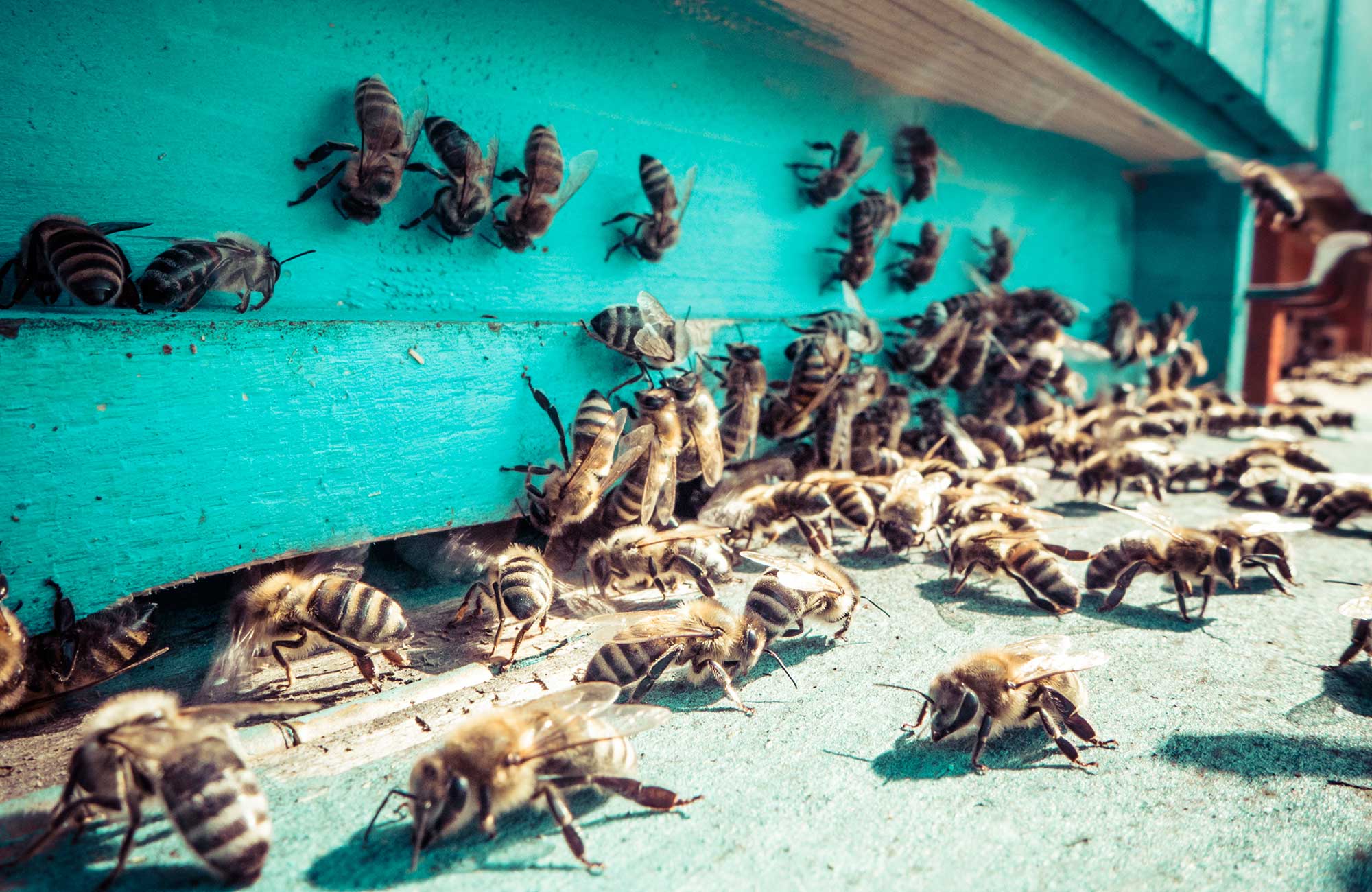fieldgrade
waiting...
2A Bourbon Hound 2024
2A Bourbon Hound OG
Charter Life Member
Benefactor
Supporting Member
Multi-Factor Enabled
I was getting a normal amount on my bike windshield earlier this spring. Now, maybe a couple of skeeters and a wasp or bee or two. That’s it.
I drove the truck from Raleigh to Charleston and back in the past 48 hours, and I think a dragonfly hit my windshield. Period.
What’s up with that?
I drove the truck from Raleigh to Charleston and back in the past 48 hours, and I think a dragonfly hit my windshield. Period.
What’s up with that?




